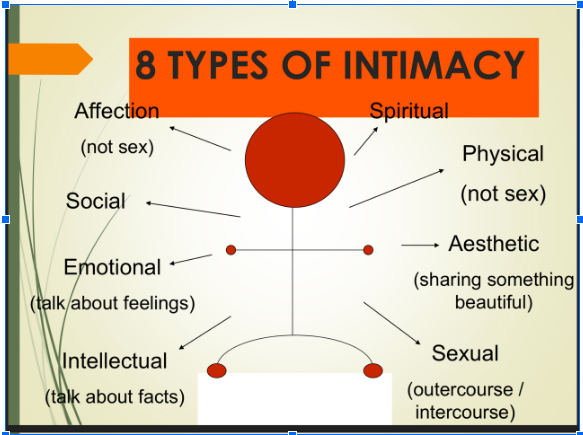There are many ways we can withhold love. The withholding of love can look like avoidance, silence, anger, making jokes instead of feeling feelings, pretending everything is fine and not talking about tough topics, lack of affection, as well as a general detachment in relationships. The withholding of love is a ‘Love Killer’ over time.
Another primary way withholding of love can show up is rigidity. Rigidity is a very harsh love killer, because it completely invalidates the other person in the relationship. For instance, a partner who digs his/her/their heels in repeatedly and refuses to budge is being rigid. Rigid partners do not typically discuss conflict, rather they tell others what to do and how things are going to be, or they avoid. Also, continued rigidity creates an impossible situation to work through. The deeper one is in rigidity, the less likely one can find a way out and choose a different way of being. The partner who is habitually rigid gets more deeply stuck into the trap of being rigid, therefore as time goes on, there is less likelihood that the rigid pattern will change. Rigidity becomes a familiar brain habit.
Rigid people typically do not see, hear, or empathize with their partner. The partner must choose between herself, or she must abandon herself and be controlled in order to save the relationship. Rigidity is a lose-lose relationship pattern. The partner who experiences rigidity feels very disconnected from her partner, and this prolonged pattern can create an unfortunate natural consequence, called ‘killing love.’ Nothing says ‘you are not important and you don’t matter to me’ more than rigidity.
In an intimate relationship, rigidity feels like painful abandonment being handed out by the one we love the most. It is excruciating not to be seen by our partner. This is especially harmful if it is a pattern. Over time, we can fall out of love with a rigid partner, because rigidity creates disconnection, pain, and it completely invalidates us as a human being in the relationship.
Addiction creates a rigid brain. Recovery creates a pliable and flexible brain. Rigidity is one reason why it is so difficult to be in a relationship with an active addict. It is also important to know that even if one is in sobriety, rigidity can continue without a true recovery. A deep and True Recovery, however, can help us move away from rigid thinking and behavior into a place of being capable of giving and receiving care, comfort, safety, nurturing, affection, and LOVE.


 This is also a perfect opportunity to introduce meditation to your kids by turning on your favorite meditation app and laying on the floor and either invite your kids or let them join in naturally, whichever happens first☺
This is also a perfect opportunity to introduce meditation to your kids by turning on your favorite meditation app and laying on the floor and either invite your kids or let them join in naturally, whichever happens first☺





